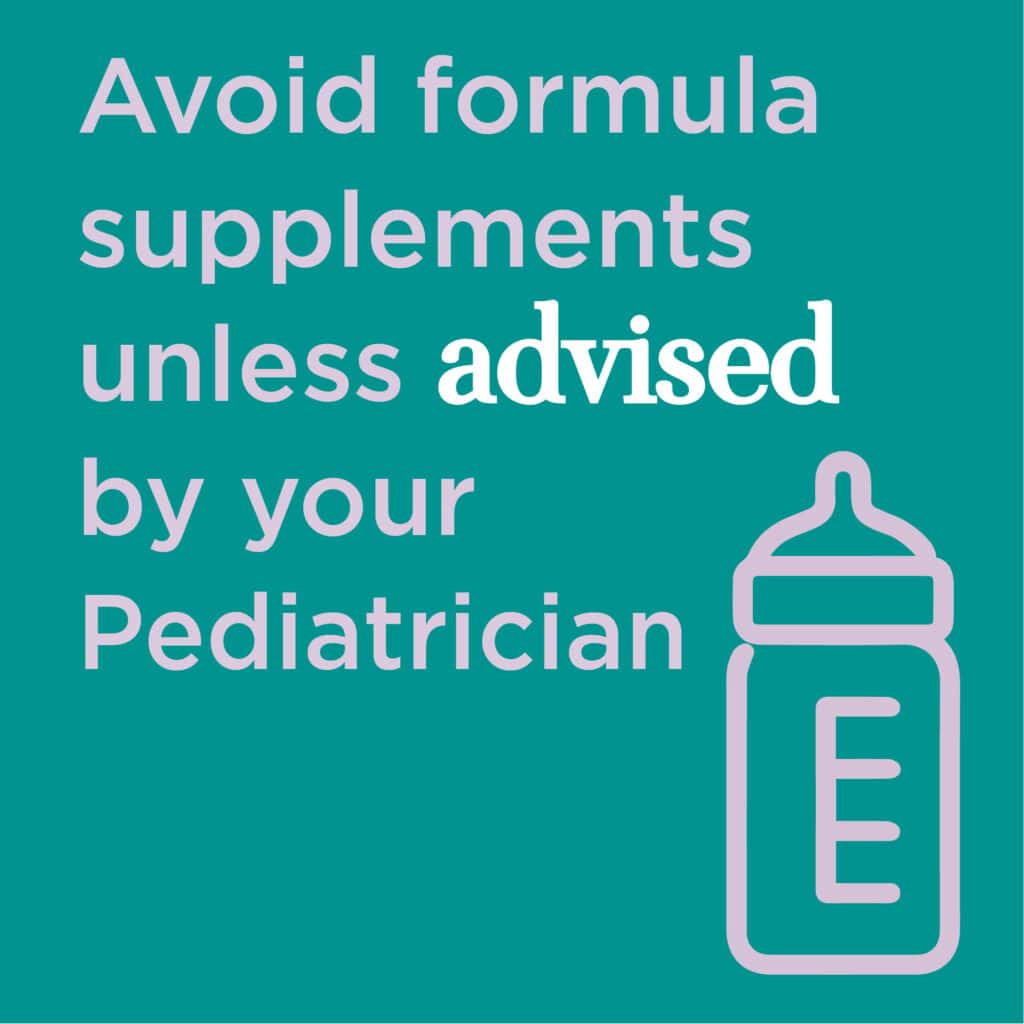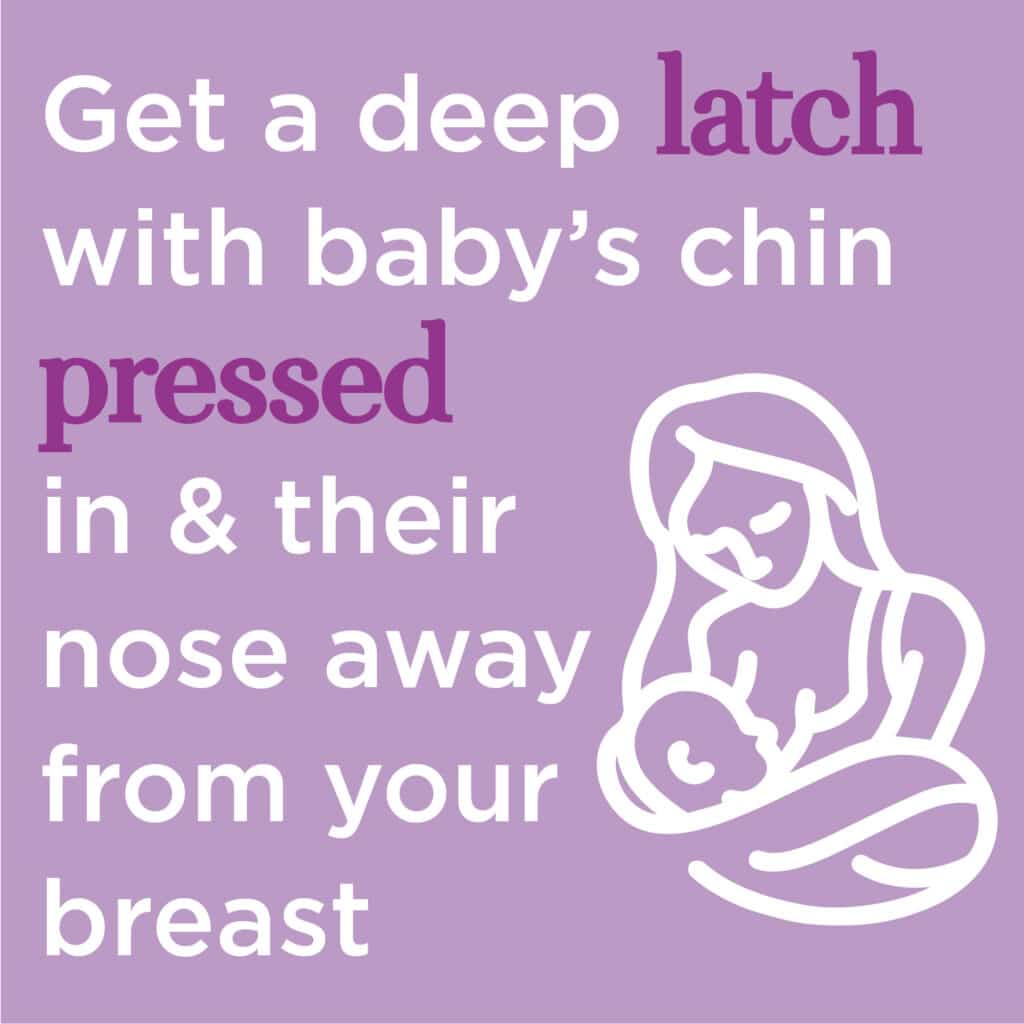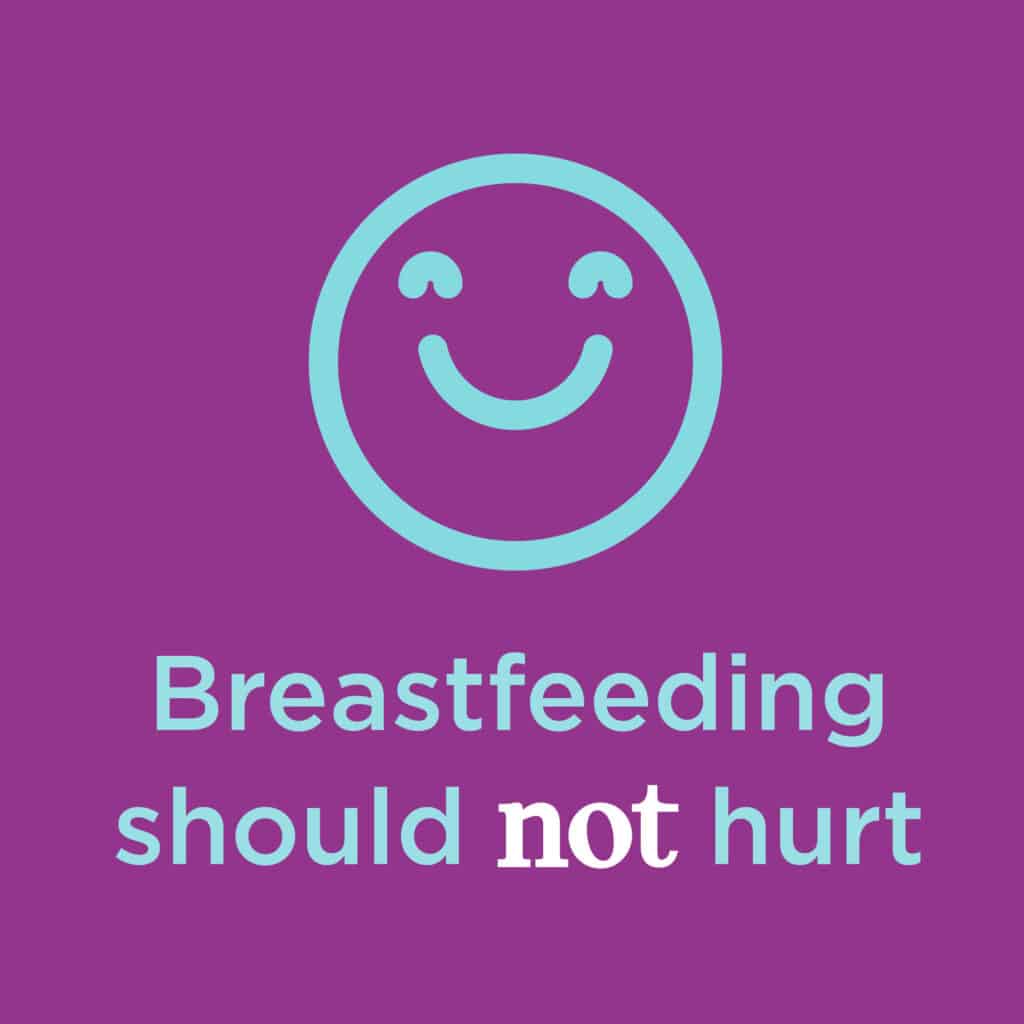Natural food for newborns
Breastfeeding offers many benefits to your baby. Breast milk contains the right balance of nutrients to help your infant grow into a strong and healthy toddler. Some of the nutrients in breast milk also help protect your infant against some common childhood illnesses and infections. It may also help your health. Certain types of cancer may occur less often in mothers who have breastfed their babies.
Women who don’t have health problems should try to give their babies breast milk for at least the first six months of life. Most women with health problems can breastfeed. There are rare exceptions when women are advised not to breastfeed because they have certain illnesses. Some medicines, illegal drugs, and alcohol can also pass through the breast milk and cause harm to your baby. Check with your health care provider if you have concerns about whether you should breastfeed.
You may have heard that breast milk is best. But what makes it so good for babies? Breast milk fills your baby’s health needs. Researchers are now learning more about what’s in it and how it changes as babies grow.
Experts recommend that infants drink human milk exclusively for the first six months of life. If possible, they should continue drinking human milk, from the breast or that’s been pumped and placed in a bottle, for up to 12 months. Parents can add in other foods starting around six months.
Breastfeeding (sometimes called chestfeeding) lowers an infant’s risk for developing asthma, obesity, type 1 diabetes, ear infections, gut infections that cause diarrhea or vomiting, and sudden infant death syndrome (SIDS). It also benefits the mother, potentially lowering her risk of high blood pressure, type 2 diabetes, ovarian cancer, and breast cancer. It helps the parent-infant bonding process, too.
Human milk also provides infants with protection from germs. A baby’s immune system is not yet developed. So they don’t have many germ-fighting molecules, called antibodies. Breast milk passes the mother’s antibodies to the baby. This helps protect the child from germs until their immune system develops.
Breast milk contains many other biologically active components, too. The lactating (milk-producing) parent and infant interact and affect one another. That means what’s in human milk can change, even over the course of the day.
Take the molecules that regulate your body’s biological clocks, or circadian clocks. Your body has different amounts of these depending on the time of day. They signal when it’s time to wake, eat, and sleep. These are passed along to the baby through breast milk.
Researchers are just beginning to understand how milk composition affects babies’ short-term and long-term health. To learn more, NIH started the BEGIN project. This project is trying to untangle the biology behind milk production, how milk affects babies’ development, and how babies and their environment influence this system.
Some lactating parents don’t produce enough milk or may have physical issues that block milk from coming out. Others may be advised against breastfeeding if they’re taking certain medications or drugs or when they have certain illnesses.
For those who can’t breastfeed, formula is an option. Formula is based on our best knowledge about the composition of human milk, and that knowledge continues to evolve.
Source: National Institutes of Health








